How A.I. Will Change Your Brand's Relationship With Advertising
April 20, 2023
As seen on Inc.
Have you ever scrolled by an ad that seemed so perfectly geared toward you that it was scary? That's the power of A.I. in advertising. The U.S. advertising industry, which is expected to grow by 3.4 percent in 2023, according to Magna, often relies on data and A.I. to target consumers. Now, the advent of generative A.I. is sparking what could be a seismic change in how businesses and advertisers work together to craft campaigns, according to Harry Kargman, founder and CEO of mobile advertising firm Kargo.
As part of a push to create more A.I. jobs in Ireland, the Irish government recently agreed to assist Kargo by funding a 50-person artificial intelligence and machine learning lab in the southeastern Irish city of Waterford, focused on developing proprietary machine learning models. These models will power "next-generation advertising," which Kargman says will level the playing field for small and medium-sized businesses, which have more limited marketing budgets compared with their high-cap competitors.
Kargman believes that generative A.I. will empower new ads on your personal devices, like your phone, laptop, and streaming boxes, to be highly personalized, down to the individual consumer. "First, a human designer will create a portfolio of assets for a campaign," he says. "Then, we'll use A.I. to analyze those assets and rearrange them to create dynamic ads optimized for whomever they're being served to. The size of the font, the placement of the image, the wording of the call to action, all of it is fully customizable in order to drive the best outcome for each individual consumer." By using A.I. to both identify targets and create personalized advertisements, Kargman says, small brands will be able to boost their discoverability without breaking the bank.
Brands are intrigued at the prospect, but Kargman admits that the tech is unlikely to go mainstream until it can be guaranteed that the algorithm isn't going to generate brand safety concerns, such as writing offensive messages, slandering competitors, or simply creating nonsensical images. To assuage these concerns, Kargman says, one of the new lab's main objectives will be to conduct research on implementing guardrails to ensure all ad content fits within a rigorous set of brand guidelines.
How will this change the ways entrepreneurs work with advertisers to craft campaigns? Kargman says that brands will need to be comfortable with a degree of ambiguity, as they won't be able to review every ad before it goes out. This will be easier for some industries than others. For instance, pharmaceutical companies have to go through several layers of legal approval before releasing any advertisement, so don't expect to see any A.I.-generated medication ads anytime soon.
"I think brands that choose to go down this road are going to be very involved with the process," says Kargman. "Every business owner has their own degree of risk that they're comfortable with taking in advertising, and this is no different. As long as our clients feel like they're in control of that risk, we're set up for success."
